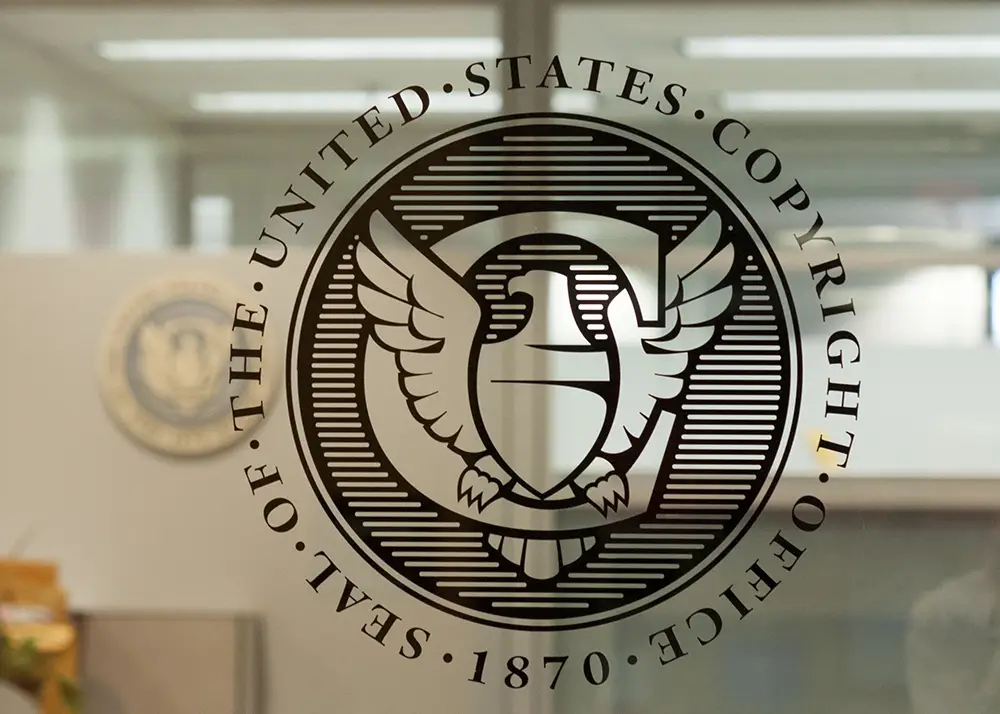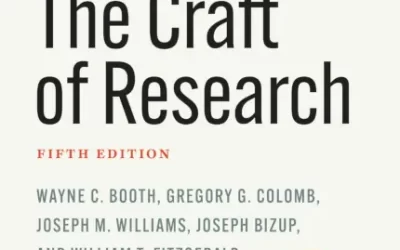After 95 years of perhaps the strictest copyright protection this side of bulletproof glass, Mickey Mouse is now entering the public domain – sort of. The original “Steamboat Willy” version of Walt Disney’s crown jewel of intellectual property officially enters the public domain in 2024, although more modern versions of the Mouse that runs a $166 billion business are still heavily protected by copyright law. Since his move into the public domain, the Steamboat Willy character is already lined up for appearances in two separate horror movies (I’m sure Minnie and Goofy would disapprove). The character follows in the footsteps of Winnie the Pooh, who entered the domain in 2022 and got the low-budget horror movie treatment. But what exactly is the “public domain”?

Public domain has become such a common term of publishing jargon, but it should be noted that the particular terminology doesn’t actually appear anywhere in the U.S. Copyright Act of 1976. Instead, content is referred to as being part of the public domain when the work is no longer protected under U.S. copyright law. Characters, books, images, and other materials that are in the public domain may be reproduced or adapted freely without permission from the previous copyright owner. Here are just a few of the ways in which a work can enter the public domain:
- The copyright expires on a work. When a copyright expires depends on the type of work. In the United States, a book’s copyright expires 70 years after the death of the author. For most other works, the Berne Convention sets the minimum copyright duration as the life of the creator plus 50 years.
- Anything produced by the U.S. federal government is classified as being within the public domain as the government does not have copyright protection. This can be muddled in cases where the government has used consultants or freelancers to help with the creation of a work as then the work may be copyrighted by the consultant. Note that this only applies to the U.S. federal government as works created by international governments may have more legal issues.
- Works such as speeches, lectures, or comedy routines that haven’t been recorded or written down in historical texts are not usually subject to copyright protections and can usually be found in the public domain.
- If the work was created in the United States prior to March 1, 1989 and didn’t include a proper copyright notice, it was entered in the public domain. After March 1, 1989, filing for a copyright notice was no longer required to keep your work protected from reproduction.
- Works without significant novelty or originality cannot be protected by copyright and are included in the public domain. This can include tables with federal government documents or other sources that are common and not under any copyright notices.
Not to complicate things further, but it should be noted that an adaptation of something within the public domain can be copyrighted as a new work. This can include translations, annotated versions of books, books with amended and edited language, as well as material adapted from public domain works. For example, film and literature have seen countless adaptations of Romeo & Juliet, which is in the public domain, and each new version is protected under copyright. Copyrighting an adaptation means that the murderous Winnie the Pooh and Steamboat Willy will also be protected from adaptation and reproduction (which is probably a blessing for all of us).
For more information on copyright course and continuing education on the topic of the public domain, visit https://www.copyrightlaws.com/. To find out information about works that have entered the public domain, visit The Public Domain Review.
By: Chris Moffitt
Chris is a Managing Editor at Technica Editorial




